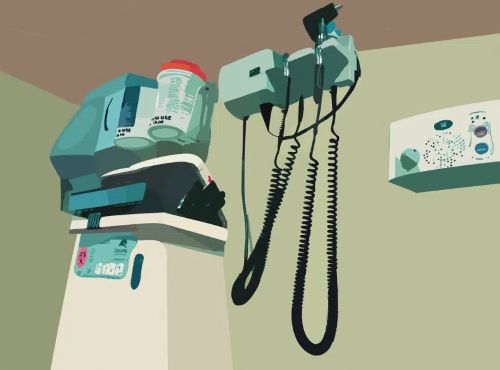

Health professionals warned that many individuals could delay care due to cost.
Expanded federal tax credits that lower health insurance costs for 24.3 million Americans are set to expire at the end of 2025, raising concerns about the future of coverage, especially for middle-income and rural populations.
In Pennsylvania, approximately 500,000 residents enrolled through Pennie, the state’s insurance marketplace, could see premiums nearly double. The expansion, first introduced in 2021 during the COVID-19 pandemic, increased eligibility for subsidies to individuals making up to four times the federal poverty level—$103,280 for a family of three in 2024.
Pennie Executive Director Devon Trolley stated that premiums could rise by an average of 82%, with rural residents facing the highest increases. Without congressional action, the subsidies will expire in January 2026, potentially reversing gains made in insurance coverage. Enrollment in Pennie rose by 50% since the subsidy expansion.
The loss of subsidies could also increase hospital costs. State Senator Sharif Street cited Temple Hospital, which relies heavily on Medicaid and Medicare reimbursements, as an example of how reduced funding may lead to service cuts.
Health professionals warned that many individuals could delay care due to cost, leading to more acute health issues and increased strain on emergency services. Rural hospitals and nursing homes may be particularly affected. According to Secretary of Human Services Val Arkoosh, about half of Pennsylvania’s rural hospitals are already operating at a loss. Zach Shamberg of the Pennsylvania Health Care Association said the average operating margin for nursing homes is -5.5%.
Gary Pezzano of LeadingAge PA noted that 70% of skilled nursing facility patients are on Medicaid, which only covers 75% of costs. In-home care reimbursement is even lower at 53%. Cuts could leave the state searching for over $1 billion to maintain services and avoid losing over $500 million in federal funding.
Older Pennsylvanians, the fastest-growing demographic in the state, would be disproportionately impacted. Department of Aging Secretary Jason Kavulich said this group is expected to become one-third of the state’s population.
According to the Congressional Budget Office, extending the subsidies would cost $335 billion over 10 years. If not extended, 3.8 million more Americans could lose coverage, and remaining enrollees may face rising premiums.
State officials emphasized that Pennsylvania has strict fraud controls in place and uses advanced technologies, including AI, to monitor for misuse. Insurance Commissioner Michael Humphreys urged residents to be proactive about their health care needs before potential cost increases in 2026.
Officials and advocates called on the public to contact federal lawmakers to support the extension of the subsidies. Without action, they warned that coverage losses and service reductions will severely impact Pennsylvania residents.
Originally published by Franklin County Free Press, 04.23.2025, republished with permission for educational, non-commercial purposes.


